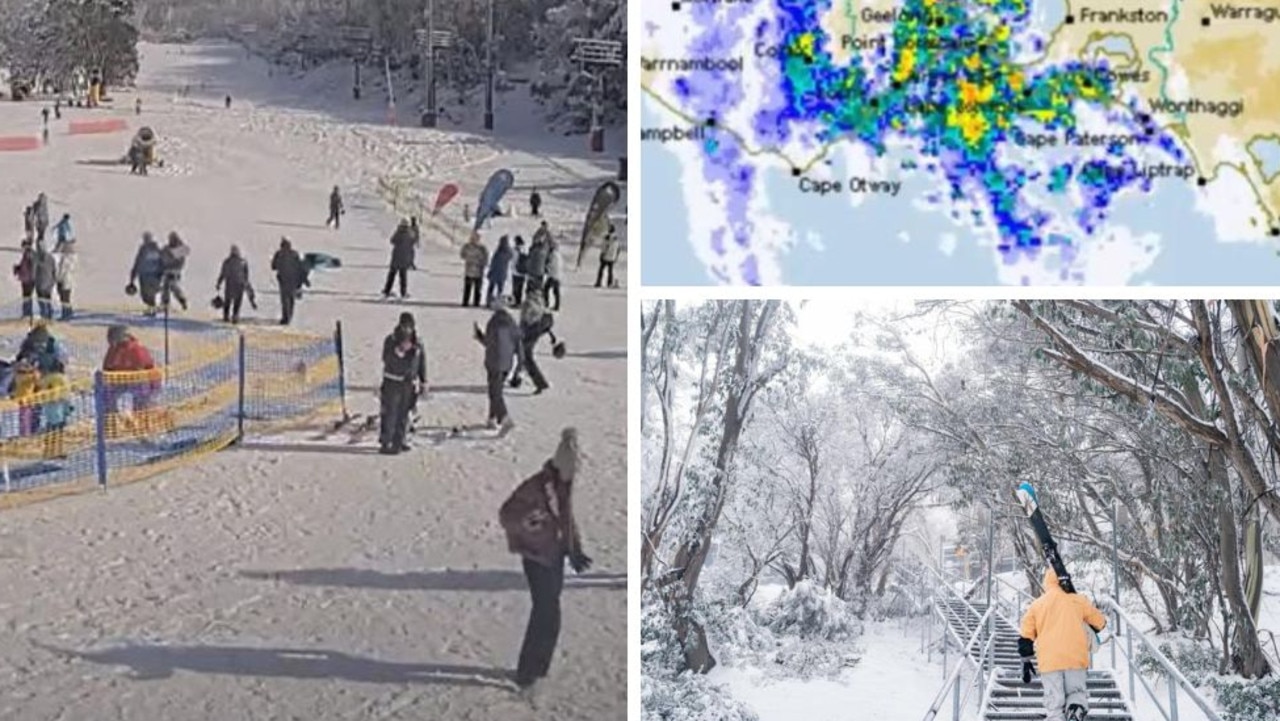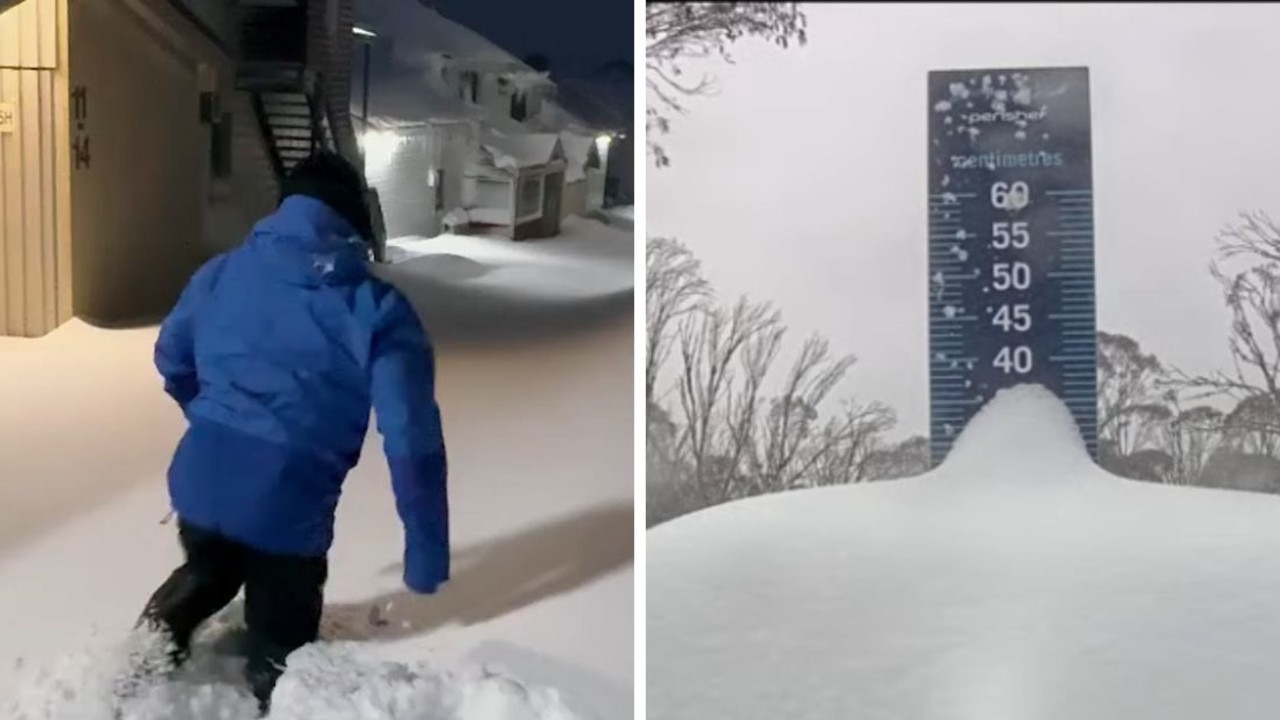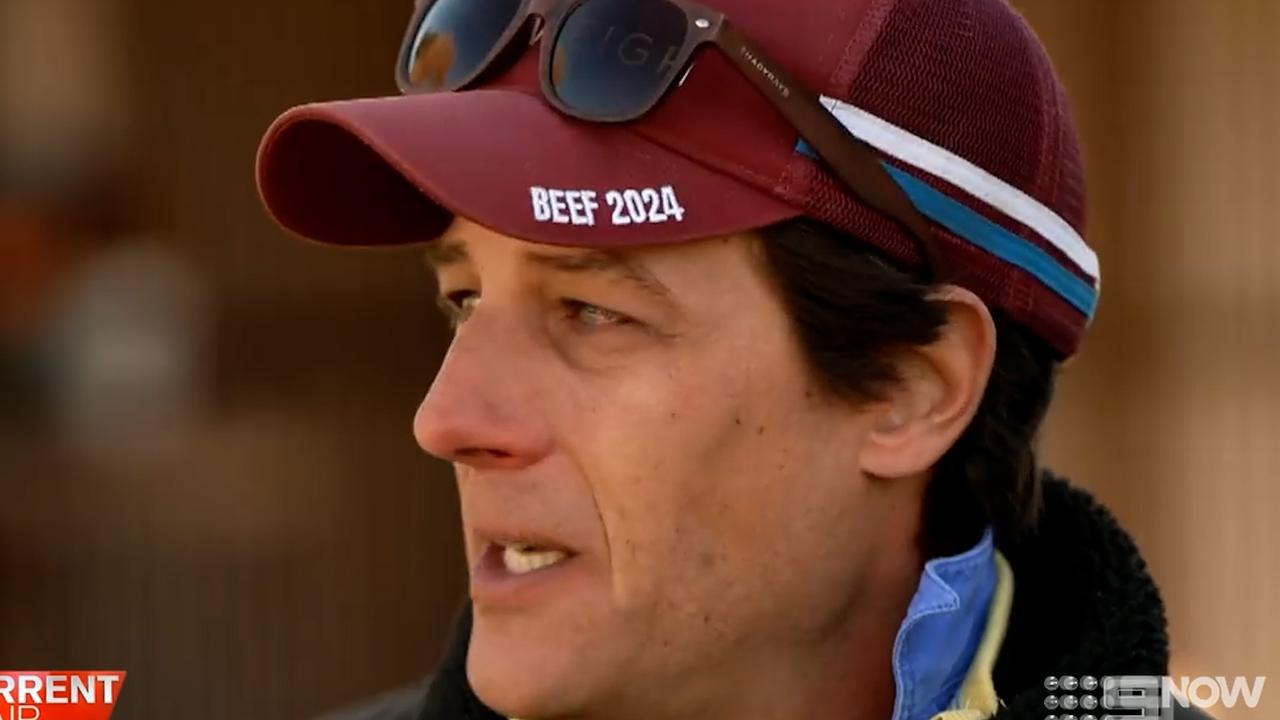Japan blasted for ‘extremely selfish’ radioactive wastewater release as China bans seafood
Japan has begun releasing radioactive wastewater from the wrecked Fukushima nuclear power plant, triggering protests and a ban on the country’s seafood.
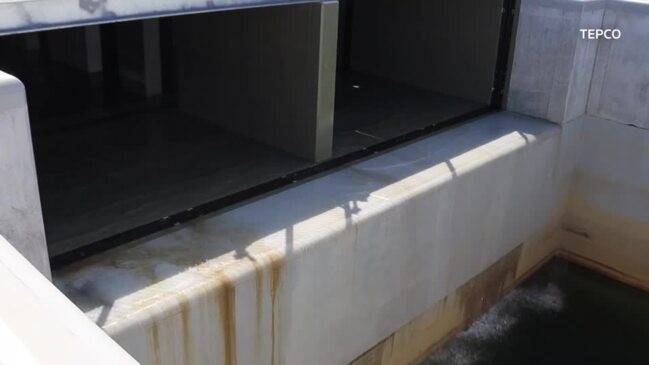
Japan has started releasing radioactive wastewater from the destroyed Fukushima nuclear power plant into the Pacific Ocean, triggering mass protests and a neighbouring country’s immediate ban on the country’s seafood.
Authorities began a decades-long plan to discharge 1.34 million cubic metres of wastewater – around 540 Olympic swimming pools’ worth – that has been used to cool the plant’s wrecked reactors, as well as groundwater and rain that has seeped in, on Thursday.

Despite Japanese authorities insisting the plan is safe, it has long faced strong condemnation from local fishing communities and Pacific neighbours, which has ramped up in recent days.
Ahead of the release, protesters staged demonstrations in Japan and South Korea – where locals are reportedly stocking up on sea salt because of fears of contamination.
On Thursday, shortly after the plant operators opened the valves, China imposed an immediate blanket ban on all Japanese seafood imports and blasted the “extremely selfish and irresponsible act”.
China’s customs office announced that it would extend an existing partial ban on imports from 10 of Japan’s 47 prefectures to cover the whole of Japan to “protect the health of Chinese consumers”.
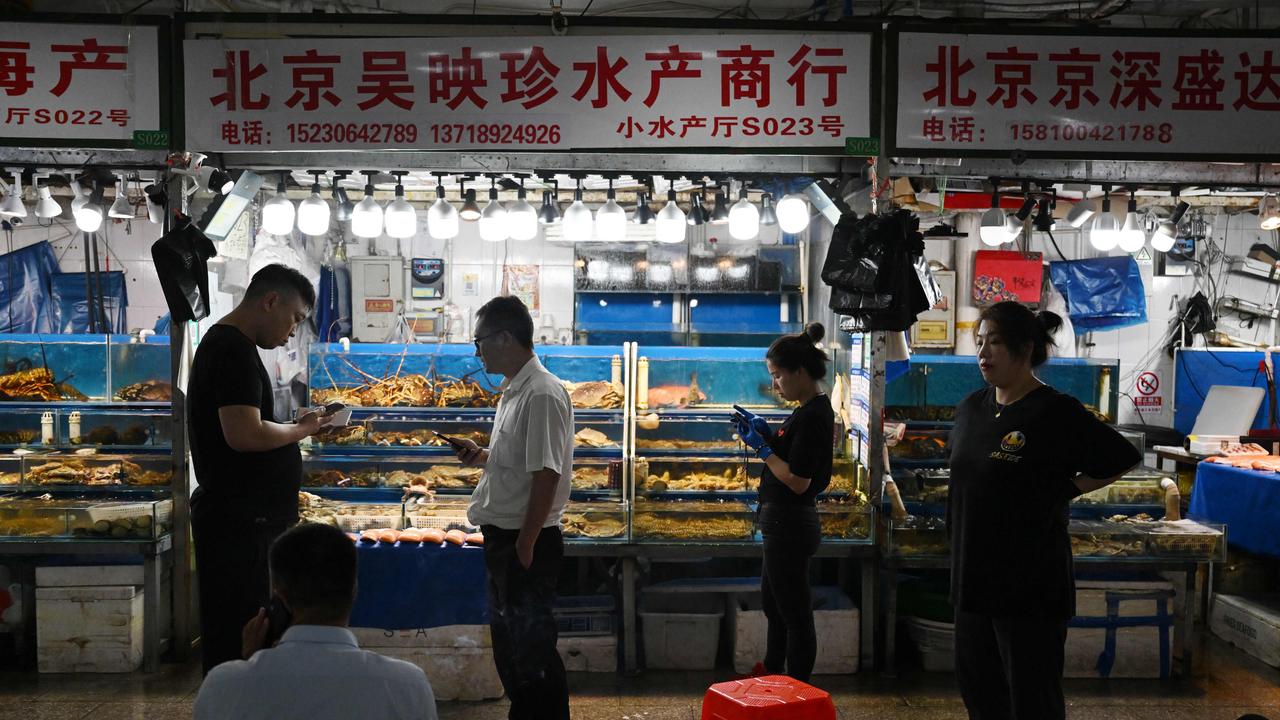
The office said it is “highly concerned about the risk of radioactive contamination brought by … Japan’s food and agricultural products”, Reuters reports, and accused Japan of “passing an open wound onto the future generations of humanity”.
The ban has been met with a swift defence from Tokyo, accusing China of spreading “scientifically unfounded claims”.
Japan has requested that China immediately lift the import ban and Prime Minister Fumio Kishida told reporters he is seeking a discussion of the impact of the water release based on science, Reuters reports.
The ban is expected to be a major blow to Japan’s seafood industry, which exported 600,000 tonnes of produce to China in 2022, making it the industry’s biggest customer – followed by Hong Kong.
Sales to China and Hong Kong accounted for 42 per cent of all Japanese aquatic experts in 2022, according to government data, Reuters reports.
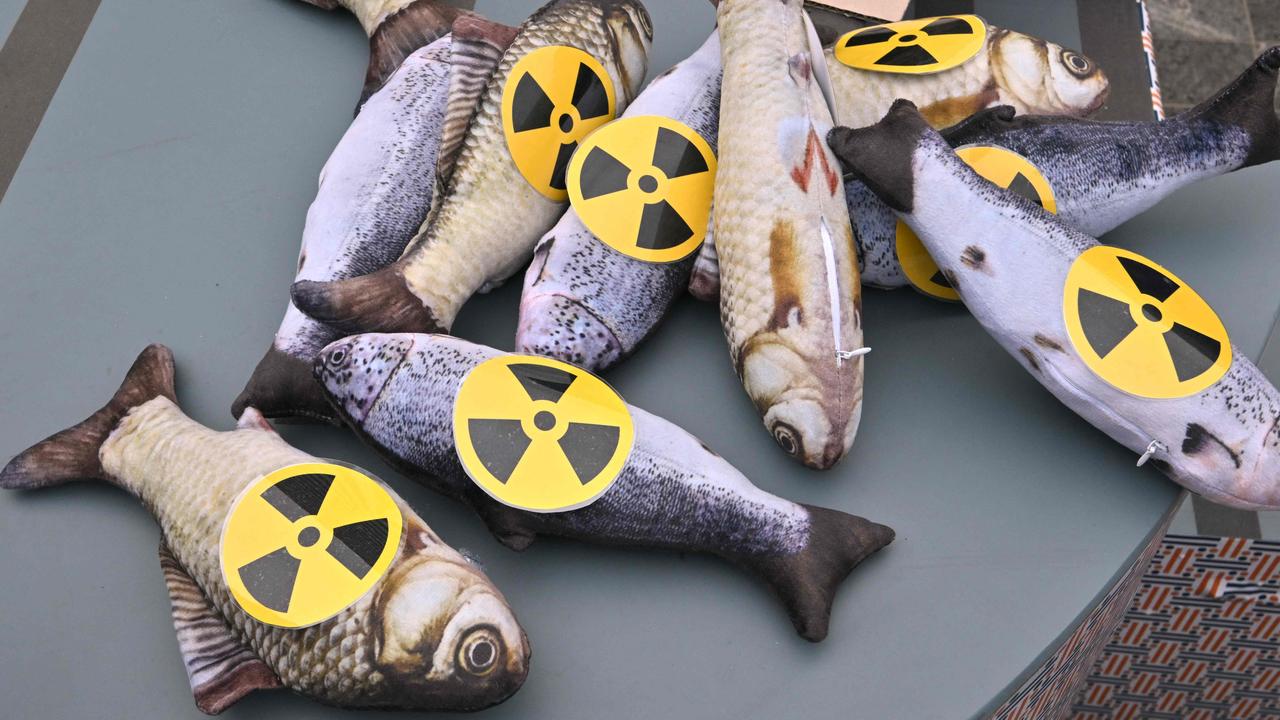
Although the South Korean government also has some longstanding bans on Japanese seafood products, its government did not follow China’s lead and impose a blanket ban.
Instead, Prime Minister Han Duck-soo said it was more important that Japan “strictly follows the scientific standards and transparently provides information” as it has “promised” the international community in the past, the BBC reports.
However, South Koreans had a far stronger reaction, with protesters in the capital of Seoul attempting to storm the Japanese embassy on Thursday. Angry demonstrations were also held in Hong Kong and Tokyo opposed to the release.
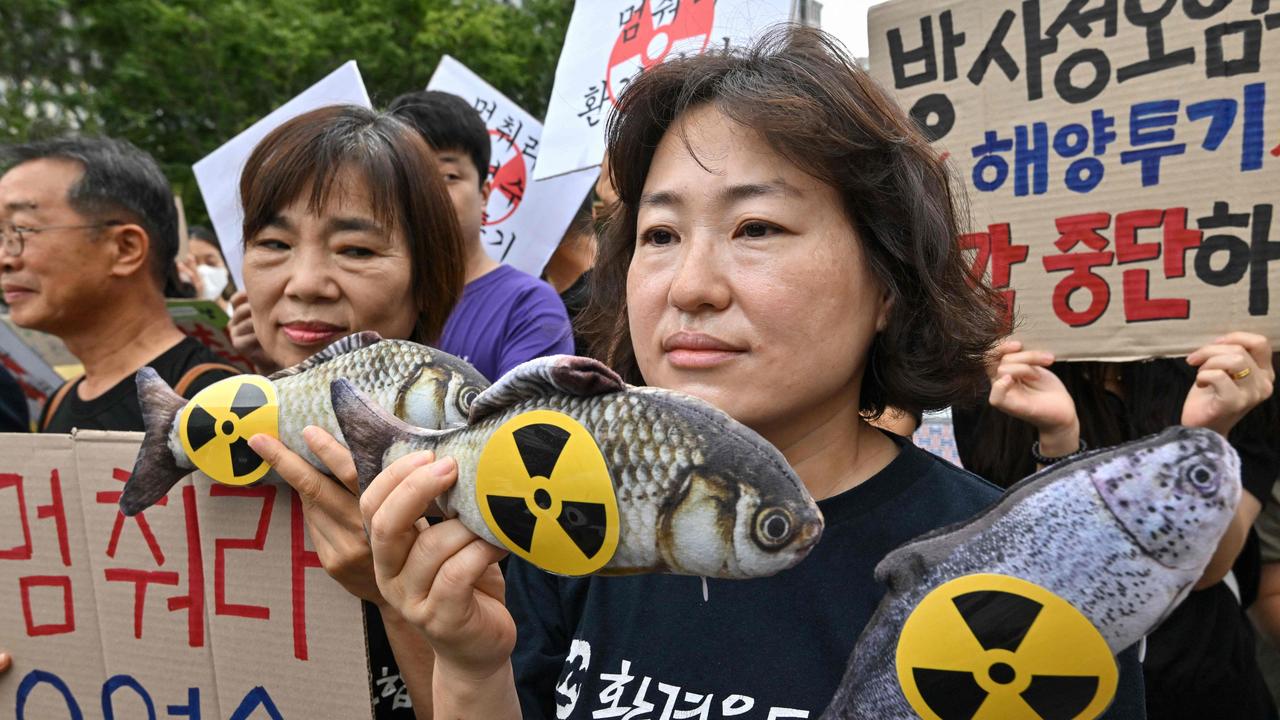
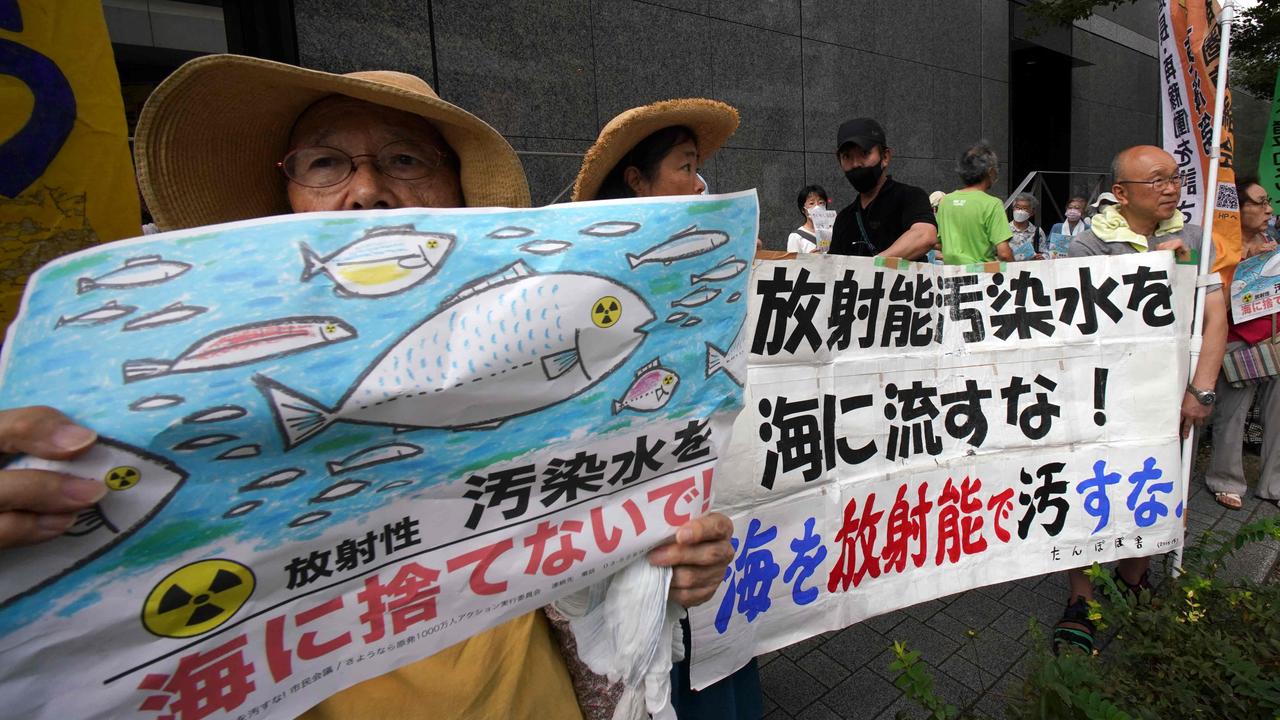
Japan has repeatedly insisted the wastewater will be harmless and released only after all radioactive elements have been filtered out – except for tritium, levels of which are far below dangerous levels.
Nuclear experts have said the level of tritium in the filtered wastewater was well below World Health Organisation drinking water limits and has been released “for decades” with no detrimental effects.
The UN’s nuclear watchdog the International Atomic Energy Agency gave the Japanese government’s plan their seal of approval last month.
Releasing the water is a key step in decommissioning the Fukushima Daiichi nuclear plant that was destroyed by a tsunami in 2011.
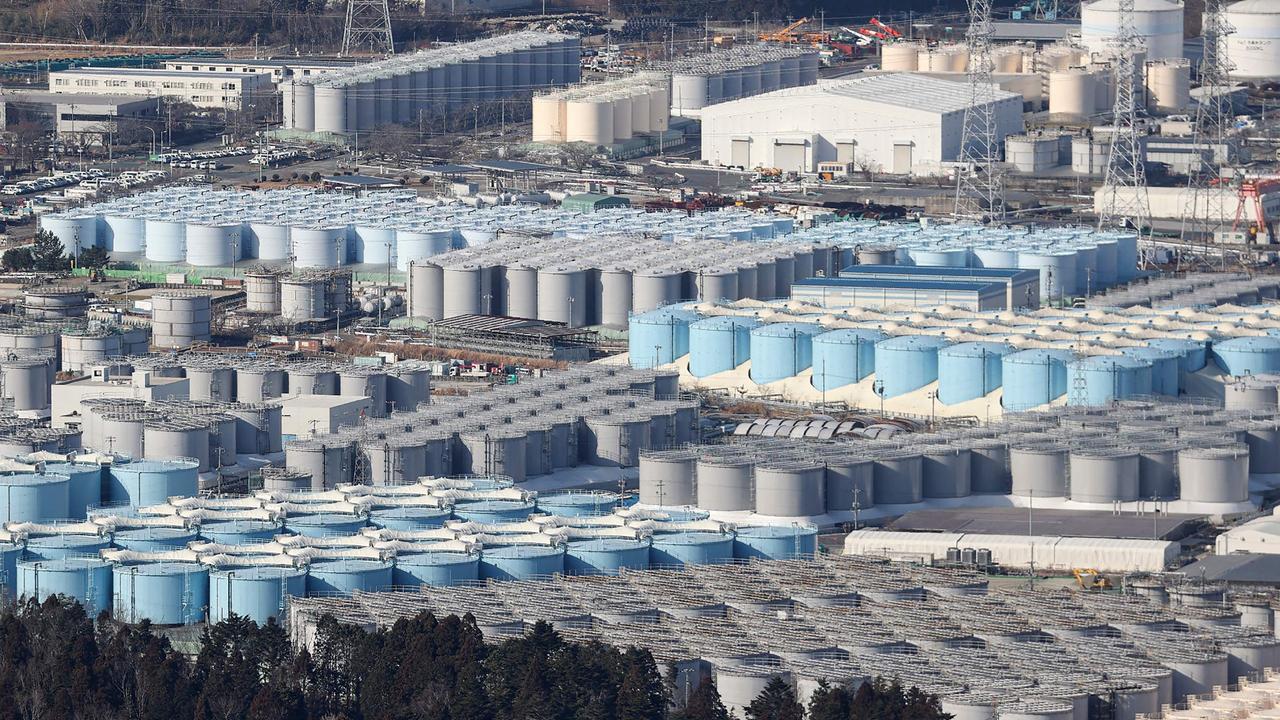
The first water discharge will total 7800 cubic metres – the equivalent of about three Olympic swimming pools – of water and take place over about 17 days.
Tokyo Electric Power Company (TEPCO) said the release began at 1.03pm local time and it had not identified any abnormalities.
Live video provided by TEPCO showed two engineers clicking on computer mouses and an official saying, after a countdown, that the “valves near the seawater transport pumps are opening”.
Japan will conduct monitoring around the water release area and publish results weekly starting on Sunday, Japan’s environment minister said.
The release is estimated to take about 30 years to complete.



